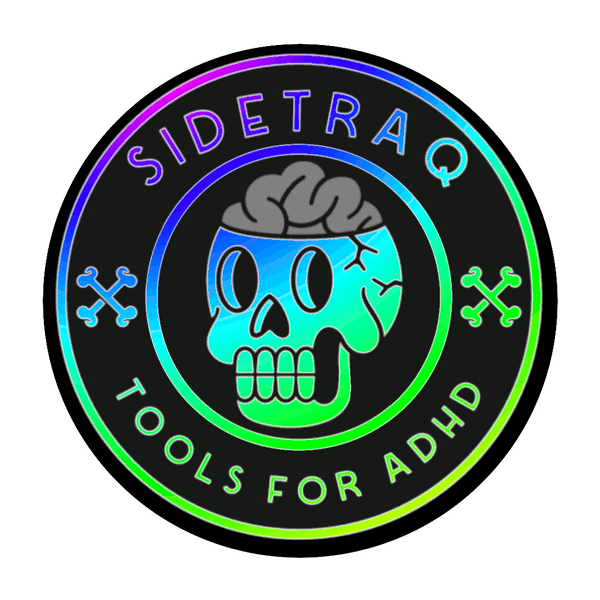As someone who grapples with Attention Deficit Hyperactivity Disorder (ADHD), my relationship with food isn't always straightforward. While the media often portrays ADHD as synonymous with hyperactivity and impulsivity, there's a lesser-known aspect of this condition that can significantly impact one's eating habits: appetite challenges.
For me, and many others like me, ADHD can sometimes manifest as a lack of appetite or irregular eating patterns. It's not a conscious choice or a desire to restrict food intake; rather, it's a complex interplay of neurobiology and behavior that can make mealtime a struggle.
One of the main culprits behind appetite challenges in ADHD is executive dysfunction. This cognitive impairment can affect various aspects of daily life, including planning, organization, and decision-making—key components of meal preparation and eating habits. As a result, individuals with ADHD may find themselves skipping meals or forgetting to eat altogether simply because the thought of planning and preparing food feels overwhelming.
Furthermore, ADHD is often accompanied by comorbid conditions such as anxiety and depression, which can further exacerbate appetite issues. Stress and emotional dysregulation can dampen one's appetite or lead to disordered eating patterns as a coping mechanism for managing difficult emotions.
Then there's the role of medication in managing ADHD symptoms. While stimulant medications like Adderall or Ritalin can be effective in improving focus and impulse control, they can also suppress appetite as a side effect. For many individuals with ADHD, this means having to navigate the delicate balance between managing symptoms and ensuring proper nutrition.
As someone who has experienced appetite challenges firsthand, I know how frustrating and isolating it can feel. Mealtime becomes a source of anxiety rather than nourishment, and the guilt and shame of not being able to eat "normally" only add to the burden.
But here's the thing: it's okay to struggle with appetite as someone with ADHD. It doesn't make us any less worthy or capable—it's just another aspect of this complex condition that we're learning to navigate.
So, how do we cope with appetite challenges in ADHD? While there's no one-size-fits-all solution, there are some strategies that may help:
-
Routine and structure: Establishing regular mealtimes and incorporating meal planning into your daily routine can help make eating feel more manageable and predictable.
-
Mindful eating: Practicing mindfulness during meals can help reconnect you with your body's hunger cues and promote a more intuitive approach to eating.
-
Nutrient-dense snacks: Keep healthy, easy-to-grab snacks on hand for those times when cooking a full meal feels overwhelming. Things like nuts, fruits, and yogurt can provide a quick energy boost without requiring much preparation.
-
Seek support: Don't be afraid to reach out to friends, family, or healthcare professionals for support and guidance. You're not alone in this journey, and there are people who can help you navigate the challenges of ADHD and appetite.
Remember, managing ADHD is a marathon, not a sprint. Be patient with yourself, practice self-compassion, and celebrate the small victories along the way. And above all, remember that your worth is not defined by your ability to eat—it's defined by the unique strengths and qualities that make you who you are.
